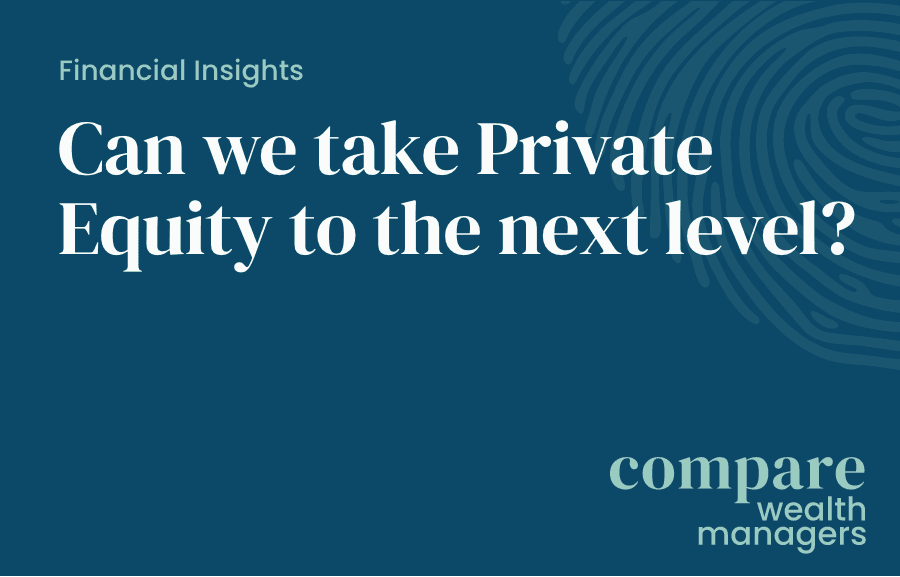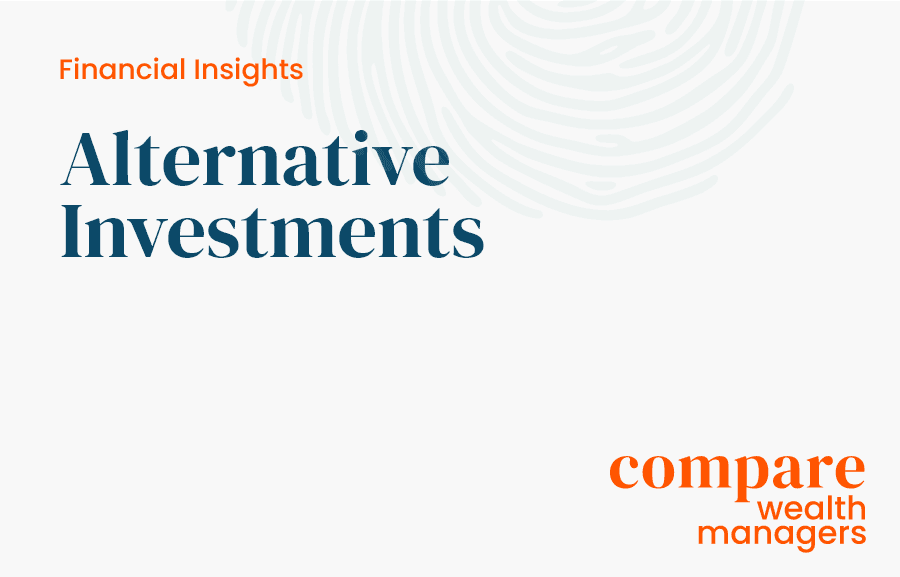Contents
With traditional banking facing limitations, private debt is gaining traction as an attractive alternative for experienced investors looking for diversification and higher returns. This financial instrument involves non-bank lending to private companies and provides a flexible and promising way to enhance investment portfolios.
Understanding Private Debt
Private debt refers to loans provided by non-bank entities to privately held companies. These loans can take various forms, including direct lending, mezzanine financing, and distressed debt. Unlike traditional banking loans, private debt investments are generally more flexible and can be customized to meet the specific needs of both borrowers and investors.
According to Rothschild & Co, private debt offers an appealing alternative to traditional bank financing, particularly for mid-market companies that may struggle to secure bank loans on favourable terms. This is due to the regulatory pressures and risk aversion that banks face, which often restrict their lending capacity.
Why Private Debt is Gaining Traction
There are several reasons why private debt is becoming more popular among UK investors. Some of the main factors include high returns, diversification, tailored financing, and ESG integration. Private debt often offers higher yields than public bonds or equities, which helps offset the illiquidity and higher risk associated with these investments. This makes it particularly attractive in a low-interest-rate environment. To mitigate this higher risk, it's important to consider private debt as part of a larger and diverse investment portfolio. According to FT Adviser, private assets, including private debt, can play a crucial role in any portfolio by providing stability and steady income streams. Additionally, private debt allows for customized financing solutions that can be tailored to meet the unique requirements of borrowers, offering more flexibility than traditional banking options.
Other benefits that make private debt (PD) attractive for investors include reliable income, reduced volatility, and the ability to mitigate inflation risk. Investing in debt can provide investors with a predictable stream of income through regular, scheduled, contracted repayments. This asset class can also help reduce the volatility of a portfolio that includes equities, as investment returns from private debt often come in the form of regular repayments. Additionally, in an inflationary environment with rising interest rates, traditional fixed-income debt investments like gilts or bonds may see their returns eroded. However, some private debt strategies invest in floating-rate loans, meaning returns are not fixed and can vary against a reference point. These strategies serve as a hedge against increases in inflation and central bank interest rate rises.
Furthermore, Environmental, Social, and Governance (ESG) considerations are increasingly being integrated into private debt investments. EY highlights that private debt funds are incorporating ESG factors, aligning with investor values and mitigating long-term risks.
Private debt investment strategies and opportunities
Investors have various strategies to access the private debt asset class. One common strategy is direct lending, where investors lend directly to companies in senior or mezzanine positions. Another option is distressed debt, which involves purchasing debt at a discount from struggling companies and selling it when the company recovers. Opportunistic credit is another strategy that seeks to identify undervalued companies or debt with the expectation of future recovery.
Venture debt is becoming increasingly popular, as it involves lending to start-ups or companies in the venture stage. More and more venture-backed companies are utilizing venture debt to prolong their cash runways. The interest rates on these loans typically range from 10% to 20% and often include warrants for shares.
Additionally, some investors pursue a non-performing credit strategy, which involves purchasing a portfolio of defaulted loans at a discount and implementing measures to recover value above the purchase price.
What are the expected returns from private debt?
Private debt offers investors appealing risk-adjusted returns that are not closely tied to the performance of public markets. It also has the potential to provide regular income payments. The potential returns vary depending on the type of debt and its position in the company’s capital structure, which dictates the order in which capital is returned to investors or lenders in the event of a sale or liquidation.
At the top of the hierarchy is senior debt, typically provided by a bank. It poses the lowest risk and is the first to be repaid. Senior debt investments usually yield annual returns of around 4-7%. Mezzanine debt follows, offering returns of 15-20%. Lastly, there's junior debt, also known as subordinated debt, which is of lower priority in the debt repayment hierarchy. In the event of a company going bankrupt, junior debt is unlikely to be repaid as senior debt obligations take precedence. The term "subordinate" refers to the debt providers' ranking.
It is important to note that equity involves higher risk but also presents the potential for higher returns. This is because equity is the last to be repaid in the capital stack. On the other hand, both senior and junior debt are secured, while mezzanine debt tends to be unsecured.
Practical Considerations for UK Investors
When investing in private debt, it's important to carefully consider and conduct due diligence. There are various ways to invest in private debt: you can offer direct lending through a private equity (PE) firm that provides lending to small and medium-sized enterprises (SMEs); co-invest through managers who bring together multiple lenders; or invest in private debt funds, which can range from direct lending to structured credit funds.
Considering exploring the private debt market? Here are some practical steps to help you get started:
1. Assess Your Risk Tolerance: Given the illiquid nature of private debt, it's important to evaluate your risk tolerance and investment horizon. Private debt investments are well-suited for those with a longer-term perspective.
2. Diversify Your Private Debt Portfolio: Diversification is key in private debt, just as it is in traditional investments. Consider a mix of direct lending, mezzanine financing, and other forms of private debt to spread risk effectively.
3. Evaluate Fund Managers: The expertise of fund managers is critical to the success of private debt investments. Before committing capital, carefully assess the track record and investment approach of fund managers to ensure they align with your investment goals.
4. Stay Informed: The private debt market is dynamic and influenced by various factors, including economic conditions and regulatory changes. Keeping yourself informed about market trends and developments is essential for making well-informed investment decisions.
Private debt is set to become a key part of modern investment portfolios. It offers attractive returns, diversification benefits, and the opportunity to align investments with ESG principles. As traditional banking constraints continue to drive demand for alternative financing solutions, private debt stands out as a versatile and promising asset class for UK investors. By understanding the details of private debt and carefully selecting investment opportunities, investors can unlock significant potential in this growing sector.
Reaching out to a professional adviser is a great way to get involved in the private debt world. As the financial landscape continues to evolve, private debt is undeniably establishing itself as the future of finance.
If you're an experienced investor with £250K or more to invest and are interested in exploring private debt opportunities, send us an email at enquiries@comparewealthmanagers.com and we will get in contact.




